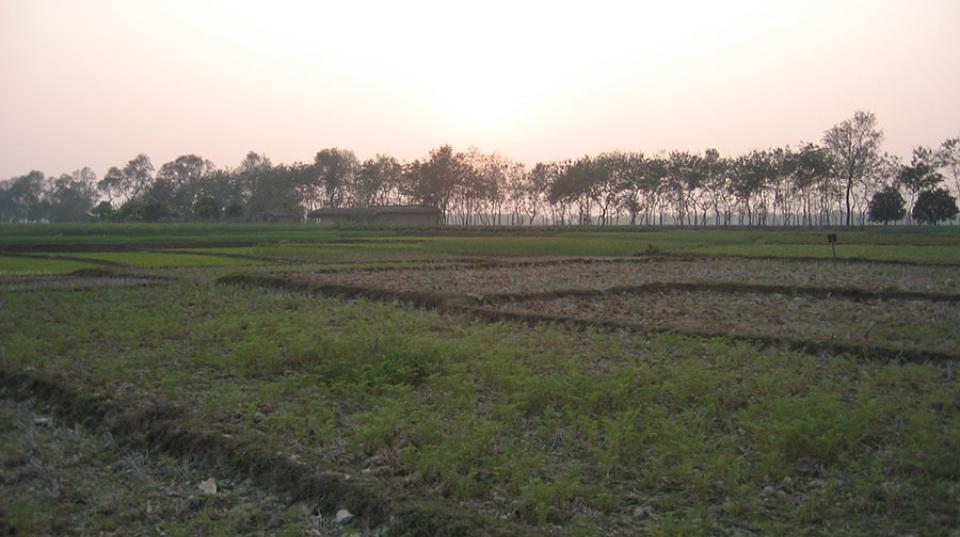Overview
This project aimed to release the insect resistant chickpea to help the management of insect pests in a sustainable manner and improve chickpea production in Bangladesh.
Although chickpea is a popular food legume in Bangladesh, there are many production constraints responsible for low yield, in particular insect pests. Genetic engineering to develop insect resistant (IR) legumes such as soybean and cowpea varieties with complete resistance to pod borers has been successful. These legumes are now approved for commercial cultivation and consumption.
The availability of IR chickpea in Bangladesh would enhance sustainable crop diversification. The IR chickpea would be cost-effective for smallholder farmers because it could be grown with fewer chemical inputs and could also help improve farm income.
The government of Bangladesh has shown an interest in chickpea production to meet domestic demand. Therefore, it was proposed to release the IR chickpea in Bangladesh through this project.
Project outcomes
- Identifying traits required for chickpea to be an attractive crop for Bangladesh farmers.
- Establishing the importance of the insect pest constraints for chickpea production in Bangladesh.
- Importing insect-protected transgenic chickpea lines into Bangladesh, in compliance with Bangladesh regulations.
- Determining the response of the lines to insects, under confined trial conditions.
- Identifying and validating lines suited for the future development of varieties that could be deployed in Bangladesh farmers’ fields.
- Depending on previous objectives being achieved: Submitting to ACIAR a large research proposal with the aim of developing locally adapted high yielding pod borer and bruchid-resistant chickpea cultivars.




